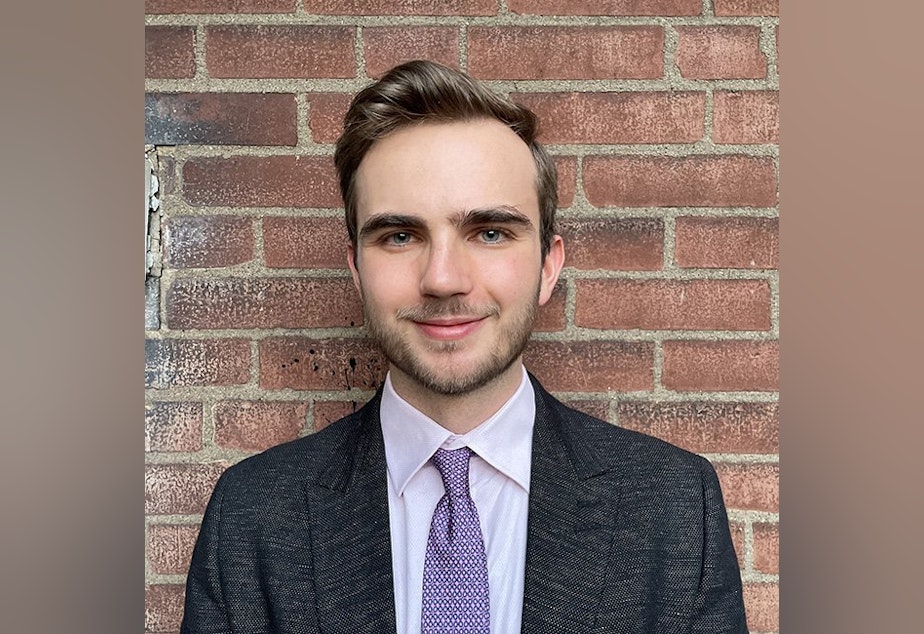RadioActive alum explores the lasting impacts of concussions

According to the U.S. Centers for Disease Control and Prevention, in 2020, approximately 12% of teenagers showed symptoms from experiencing a concussion.
Conor Gormally was one of those kids. In fact, he experienced multiple concussions throughout his teenage years, all of which led to different symptoms.
In 2016, Gormally wrote a college essay about suffering multiple concussions while participating in high school sports. Coincidentally, Daisy Emminger, a fellow classmate, also wrote a paper about dealing with a severe concussion she suffered while surfing.
Gormally was a member of KUOW’s youth media program, RadioActive, in 2016.
He reached out to see if Emminger would be interested in an interview about what it was like dealing with her lingering symptoms, which resulted in a story headlined, "This is what a concussion sounds like."
A lot has changed for Gormally since then. Not long after the story, he sustained his fourth concussion.
"I was starting school in the next phase, in undergraduate, and I got a fourth concussion, which led to persistent symptoms that I've been dealing with for the better part of last seven years," he said.
The difficulties in navigating treatment options, along with the frustrations of dealing with everyday life alongside these symptoms, eventually led Gormally to co-found a nonprofit called "Concussion Alliance." He now works as their executive director and internship program director.
"Concussion used to be considered what's called a 'functional injury,'" Gormally said. "That's why a lot of people sort of get medically gaslit about it being a psychiatric or a mental health-related issue. And it's really complex, because there is both a physiological and a socio-environmental issue of mental health and concussion that's really serious."
Concussion Alliance helps those dealing with concussion symptoms navigate the medical system and understand the broader impacts and timelines of concussions, while also working with providers to keep up to date on best practices.
Gormally's RadioActive story is also regularly listened to as part of the organization's internship program.
"The thing that most people think about concussions is it's something that you just get better, right?" Gormally said. "It happens to you, and then you're out for that, and then you get better. And that might be the case for most people, but it's a pretty significant minority that don't get better."
Listen to the full "Soundside" interview by clicking "play" on the audio above.





